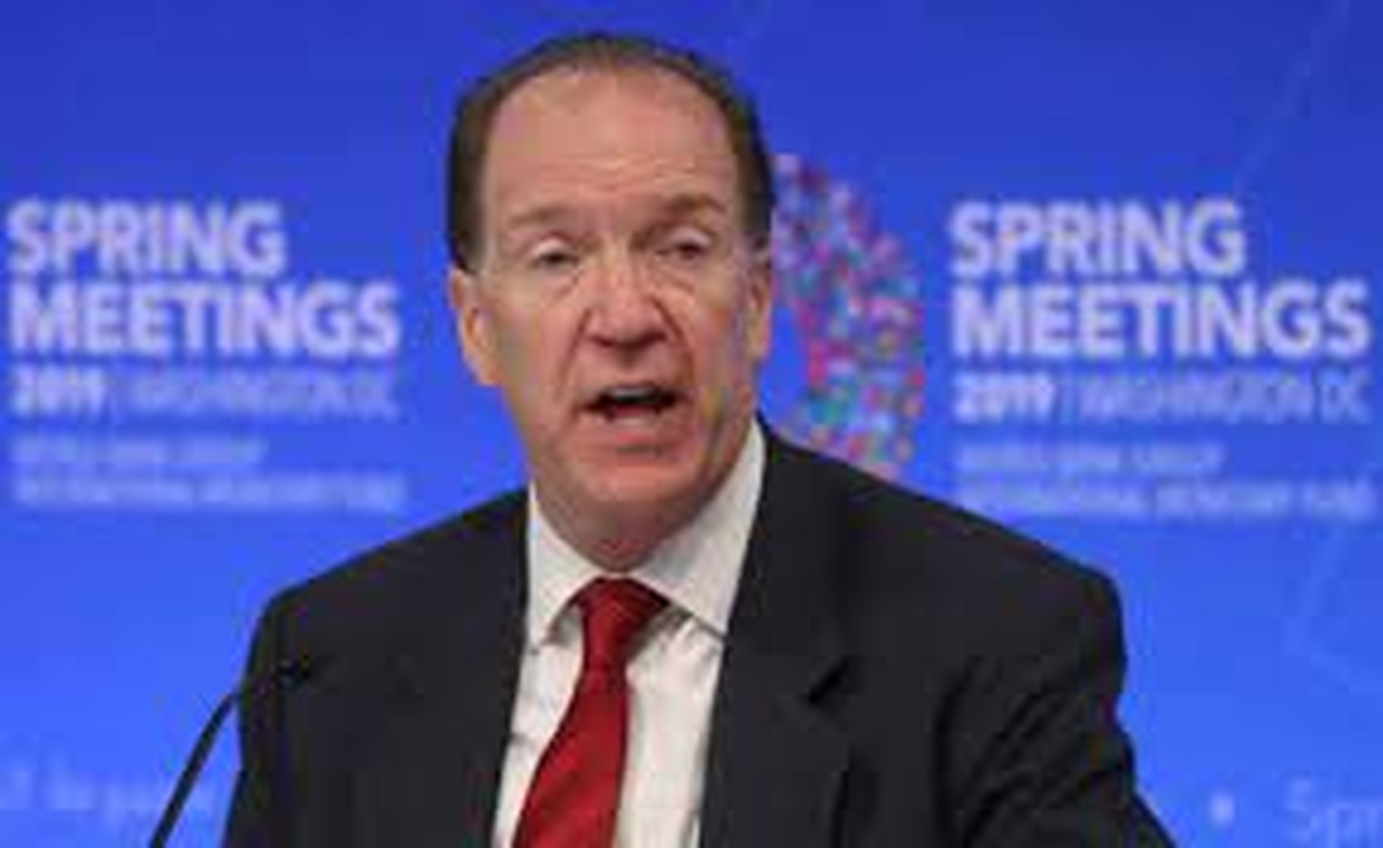WilmerHale, a law firm, has discovered irregularities in the data of the World Bank Group’s series of economic indices for countries around the world.
And these were no mistakes, errors, or oversight. It happened twice, and three countries are involved. There may be more, really. After all, the bank’s data analysts allot figures on the basis of how much they like a country.
The embarrassment has forced the Bretton Woods institution to come clean, and discontinue that indicator.
But chances are high the unethical practices have also permeated the bank’s twin—the IMF. An indicted World Bank lead data cruncher at that time has hopped to the IMF.
In an investigation of Data Irregularities in Doing Business 2018 and Doing Business 2020 report, the law firm discovered irregularities in data for China, Saudi Arabia, UAE, and Azerbaijan’s placement in the Doing Business reports.
“The changes to China’s data in Doing Business 2018 appear to be the product of two distinct types of pressure applied by the Bank leadership on the Doing Business team: (1) pressure – both direct and indirect – applied by senior staff in the Office of the President, presumably at the direction of President Kim, to change the report’s methodology in an effort to boost China’s score; and (2) pressure applied by CEO Georgieva and her advisor, Mr Djankov, to make specific changes to China’s data points in an effort to increase its ranking at precisely the same time the country was expected to play a key role in the bank’s capital increase campaign,” the findings stated in part.
The changes to Saudi Arabia’s and UAE’s data in ‘Doing Business 2020’ was likely as the result of efforts by a senior member of the World Bank’s staff to achieve a desired outcome and reward Saudi Arabia for the important role it played in the bank’s community, including an ongoing RAS project, the investigators said..
“The chain of cause-and-effect is more direct with respect to the data changes affecting Azerbaijan in Doing Business 2020: Mr Djankov ordered the Doing Business team to alter the country’s data based on his own belief that the country had not actually implemented the reforms the Doing Business team had credited.
“Indeed, multiple employees told us that Mr Djankov appeared to harbor a personal animus against the country, unwilling to believe that the reforms the Doing Business team recognised – and confirmed – were legitimate.
“Despite the team’s effort to convince him otherwise, Mr Djankov overruled the team and demanded that it refrain from recognising three Azeri reforms in Doing Business 2020.”
Georgieva has responded.
“I disagree fundamentally with the findings and interpretations of the Investigation of Data Irregularities as it relates to my role in the World Bank’s Doing Business report of 2018,” she said in a statement.
She added that she had already had an initial briefing with the IMF’s executive board on the matter.
But the World Bank admitted its credibility has been damaged.
“After reviewing all the information available to date on Doing Business, including the findings of past reviews, audits, and the report the bank released today on behalf of the Board of Executive Directors, World Bank Group management has taken the decision to discontinue the Doing Business report.
There are many other research groups whose works can make or mar countries’ economies and stability.
Nigeria has raised a similar allegation against the Transparency International on corruption, too. The President Muhammadu Buhari government, with not much evidence, faulted TI’s corruption perception index for Nigeria.
One of the TI stakeholders, Oby Ezekwesili, was in Nigeria’s opposition politics then.

 Football1 week ago
Football1 week ago
 Health & Fitness1 day ago
Health & Fitness1 day ago
 Featured5 days ago
Featured5 days ago
 Education6 days ago
Education6 days ago
 Comments and Issues7 days ago
Comments and Issues7 days ago
 Business6 days ago
Business6 days ago
 Crime6 days ago
Crime6 days ago
 Business5 days ago
Business5 days ago

